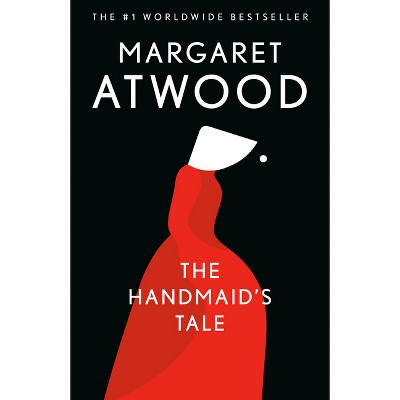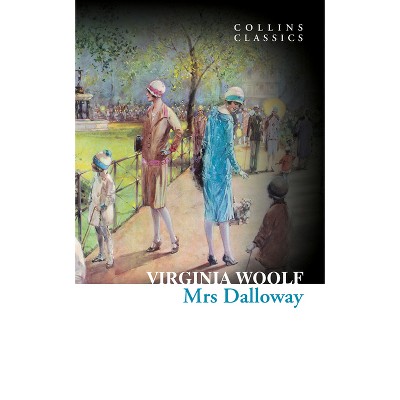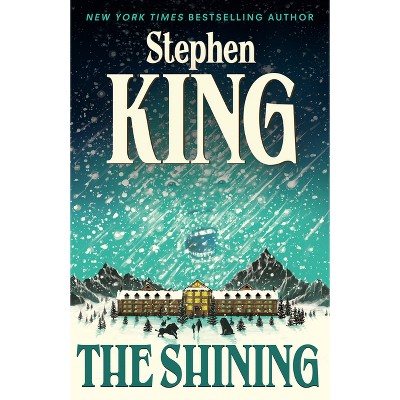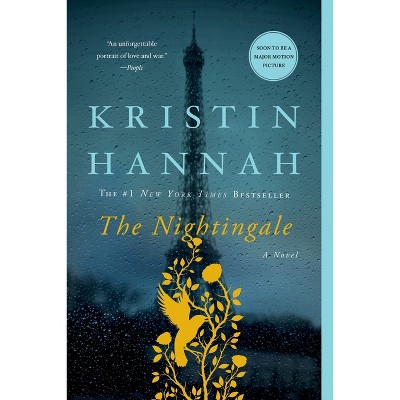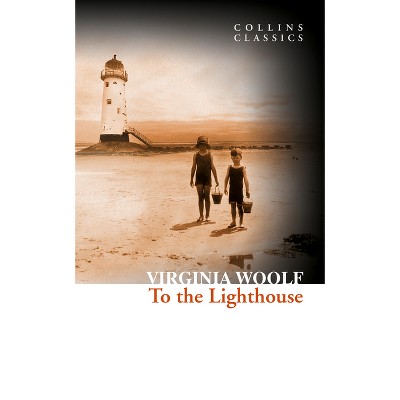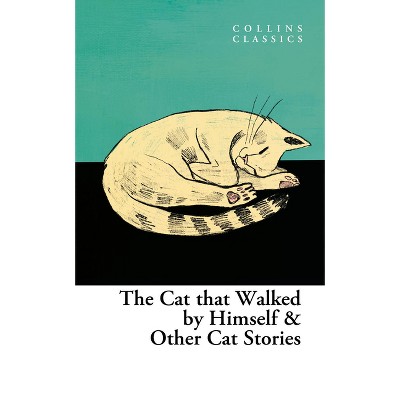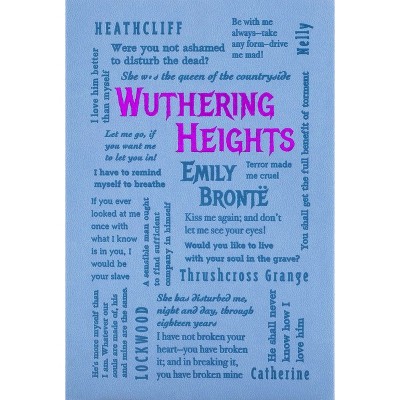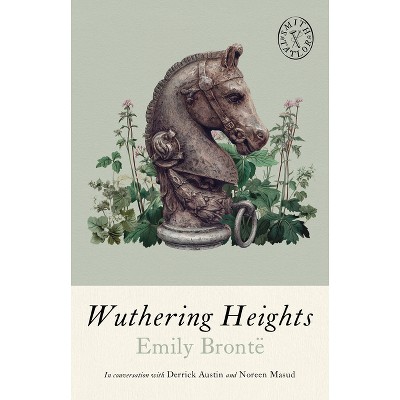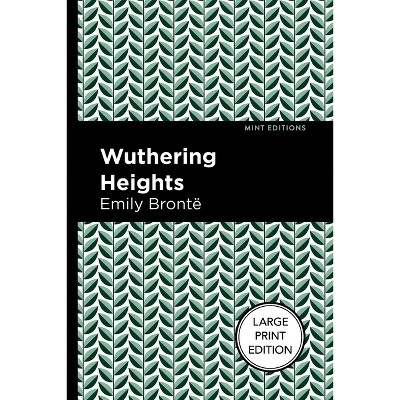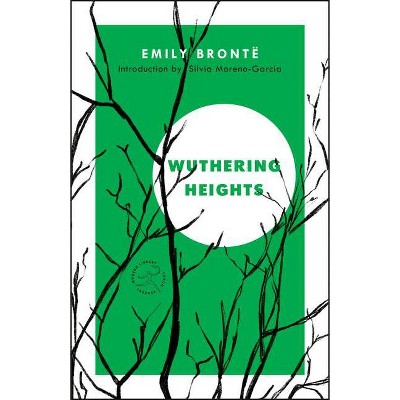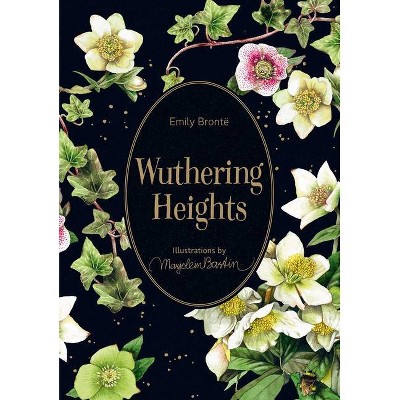Sponsored

Wuthering Heights - (Collins Classics) by Emily Brontë (Paperback)
In Stock
Sponsored
About this item
Highlights
- HarperCollins is proud to present its range of best-loved, essential classics.
- About the Author: Emily Brontë (1818-1848) was an English novelist and poet, best remembered for her only novel, Wuthering Heights.
- 400 Pages
- Fiction + Literature Genres, Classics
- Series Name: Collins Classics
Description
About the Book
HarperCollins is proud to present its range of best-loved, essential classics.
Book Synopsis
HarperCollins is proud to present its range of best-loved, essential classics.
'Is Mr. Heathcliff a man? If so, is he mad? And if not, is he a devil?'
Set on the bleak moors of Yorkshire, Lockwood is forced to seek shelter at Wuthering Heights, the home of his new landlord, Heathcliff. The intense and wildly passionate Heathcliff tells the story of his life, his all-consuming love for Catherine Earnshaw and the doomed outcome of that relationship, leading to his revenge.
Poetic, complex and grand in its scope, Emily Brontë's masterpiece is considered one of the most unique gothic novels of its time.
From the Back Cover
Is Mr. Heathcliff a man? If so, is he mad? And if not, is he a devil?
Heathcliff, an orphan, wild and unkempt, is taken in by Mr Earnshaw and raised as his son at Wuthering Heights on the bleak Yorkshire moors. He is drawn to Earnshaw's daughter Catherine, and as the pair grow up together they become bound by an intense and passionate love. When Catherine's father dies and Heathcliff is condemned to servitude, a social disparity drives a wedge between them that will eventually become their downfall.
A story of all-consuming love, obsession and revenge, Wuthering Heights is one of the most unique and emotive Gothic novels, and is considered Emily Brontë's masterpiece.
About the Author
Emily Brontë (1818-1848) was an English novelist and poet, best remembered for her only novel, Wuthering Heights. The novel's violence and passion shocked the Victorian public and led to the belief that it was written by a man. Although Emily died young (at the age of 30), her sole complete work is now considered a masterpiece of English literature.

